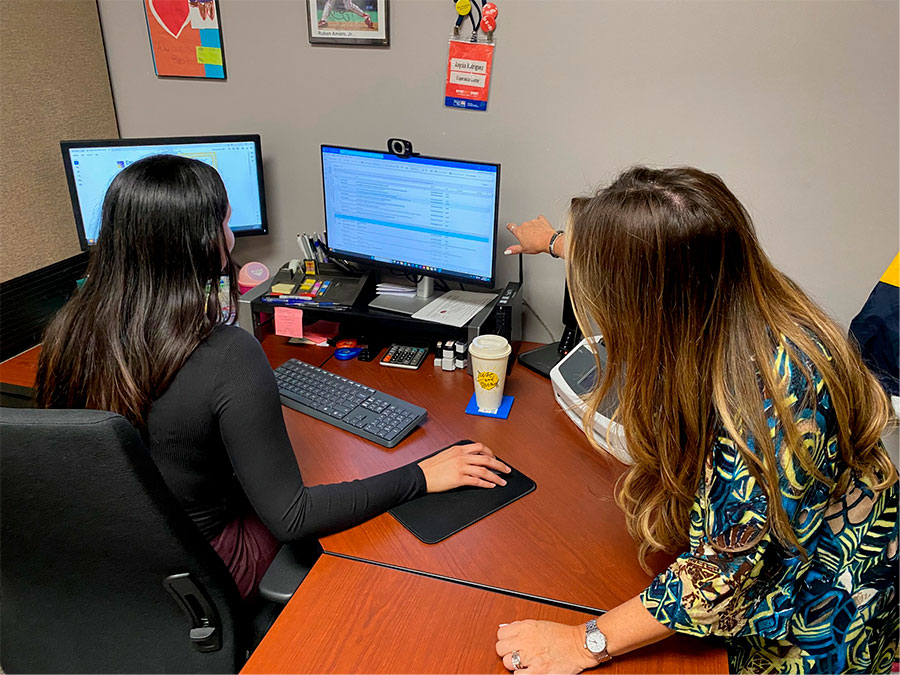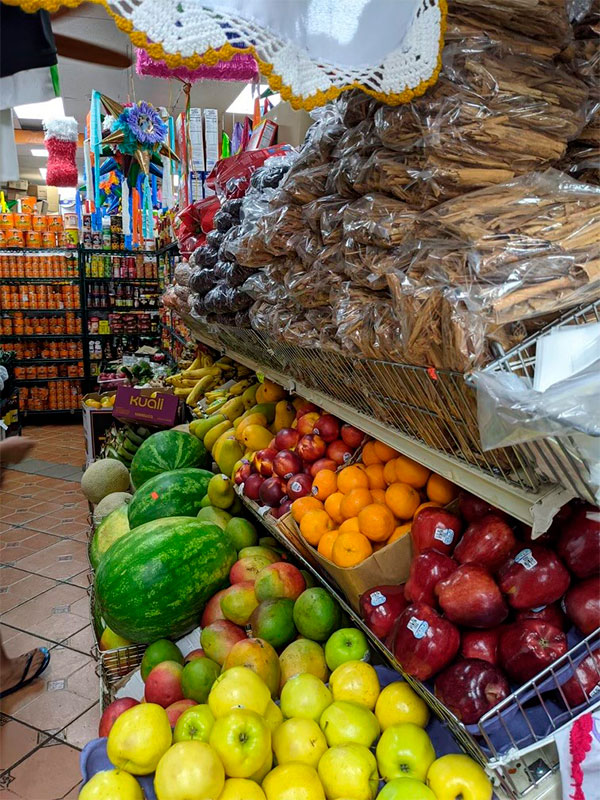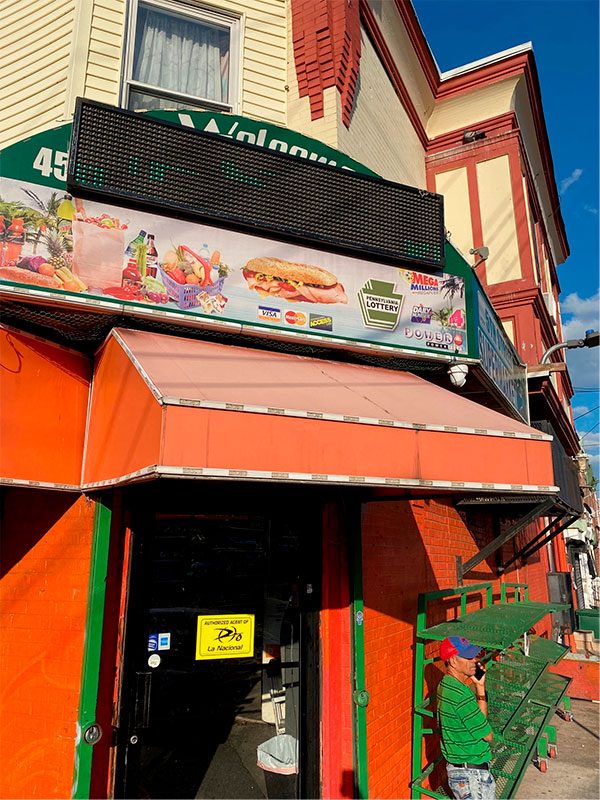
Proposed cuts could bring WIC fruit and vegetable max benefit from $49 to $15 a month and leave 750,000 people without SNAP
The Supplemental Nutrition Assistance Program (SNAP) and Women, Infants, and Children (WIC) make up the largest food safety net in the U.S., serving millions of low-income families each year. However, these federal programs face changes and budget cuts that may reduce the amount of people who can get the benefit.
Wendy Ledesma is a single mother of two living in Norristown and has used SNAP to put food on the table. For her, like many other women in Philadelphia, the current assistance is not enough. “Food is quite expensive and it’s not enough for single mothers,” Ledesma said. According to her, although SNAP was not enough for her family, it still helped.
“If they take away this help, how are they going to get ahead, how are they going to get by? How will they feed their children?” Ledesma told Impacto in opposition of cuts to SNAP and WIC.
In Philadelphia, nearly 16.3% struggle with food insecurity, meaning that they do not have access to adequate food because they can’t afford or lack the resources to access it. Latinos in the City have the highest food insecurity rates, which was 25% in 2020, according to Philabundance.
Carmen Fonseca and Anysia Rodriguez are benefits access counselors at Esperanza. Through a City-funded program known as BenePhilly, Carmen and Anysia are able to screen clients for a variety of public benefits and help them apply.

According to them, food assistance is one of the greatest needs for Latinos in Eastern North Philadelphia. For Fonseca and Rodriguez, residents have expressed how SNAP and WIC, commonly referred to as food stamps, are not enough for them and their families. “There is definitely a need for more assistance,” Rodriguez said, “Clients tell that to us every day.”
Rising inflation also contributed to an increase in food prices and when the government ended extra SNAP payments in early 2023, families were left with less options to access healthy foods.
Annette Rodriguez has also been struggling with cuts in benefits. She is a 60-year-old Philadelphian with disabilities who has been enrolled in SNAP and WIC. Despite being enrolled in Medicaid, she pays for some medical expenses out-of-pocket, leaving her with very little to cover food and other basic necessities. She credits SNAP as one of the things that allows her to put food on the table. “I’m very grateful for SNAP because it allows me to not run out of food.” When asked about cuts to SNAP and WIC, she responded: “I don’t know how I will be able to manage that being on a disability.”
SNAP is the largest food assistance program in the US, helping over 40 million low-income Americans each year. It is a federally-funded program that is made possible via legislation known as the Farm Bill, which is renewed every 5 years. This year, it is up for renewal, and President Biden and Republicans in the U.S. House of Representatives agreed to an expansion in work requirements for SNAP eligibility to include people ages 50 to 54 as part of negotiations.

The Center on Budget and Policy Priorities (CBPP) estimates nearly 750,000 individuals would be at risk of losing benefits as early as October 2023. In Pennsylvania, this could affect 40,000 beneficiaries. Veterans and people experiencing homelessness will continue to be exempted from this eligibility requirement.
WIC serves nearly 7 million women and children up to the age of 5. It provides food, healthcare referrals, breastfeeding support, and nutrition education. Eligibility is based on the applicant’s income.

This year, Republicans in the House are proposing to cut WIC funding by $200 million. This would impact the program’s fruit and vegetable benefit, cutting the maximum monthly allowance from $49 to $15.
In a recent PBS interview, Nell Menefee-Libey, who is a U.S. Advocacy and Outreach Associate at the pro-WIC advocacy organization 1,000 Days, said cuts may force people onto waiting lists, starting with non-breastfeeding, new moms and older children nearing 5 years old. CBPP estimates over 100,000 children may be affected in Pennsylvania if the changes are approved.
For more information about how to obtain SNAP and WIC and the latest eligibility requirements, you can contact BenePhilly counselors by calling (215) 324-0746 Monday through Friday between the hours of 8:30 am to 5:00 pm. You can also go to https://www.esperanza.us/esperanza-housing-counseling/.
Esperanza also conducts monthly food distribution events, which offer an alternative supply of healthy foods at no cost to community members. For more information about this program, you can call (215) 324-0746.




















